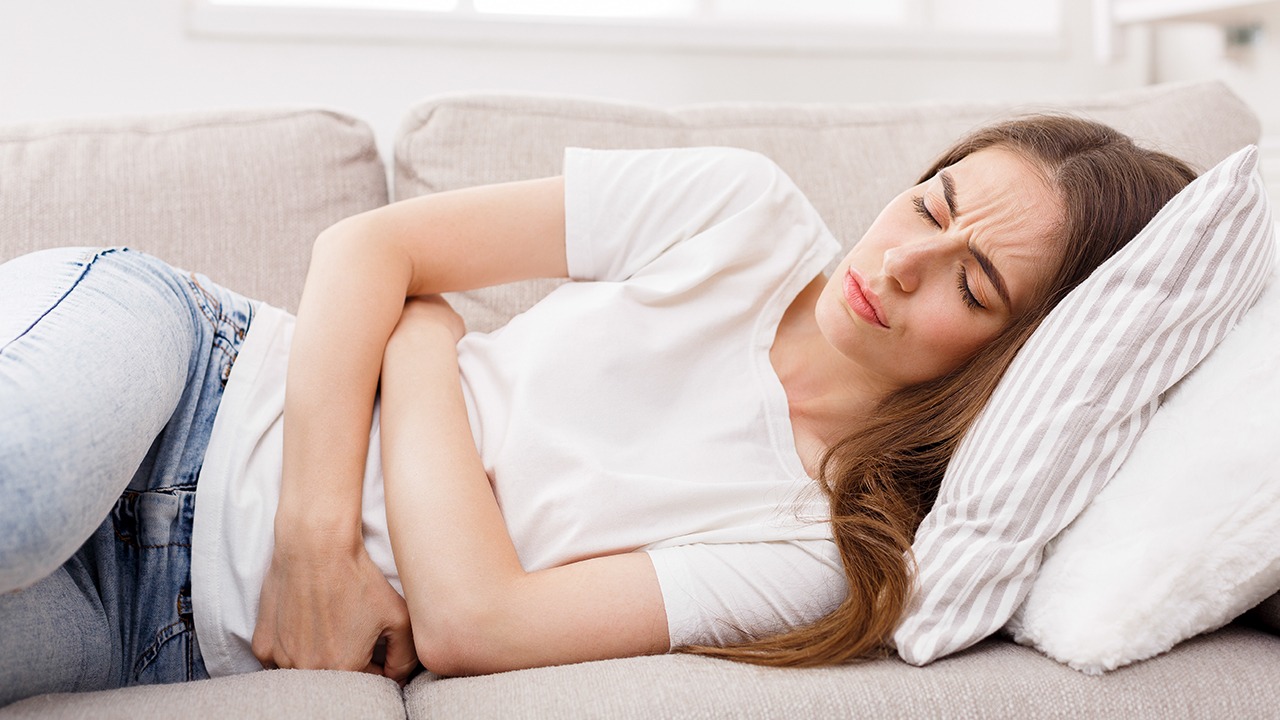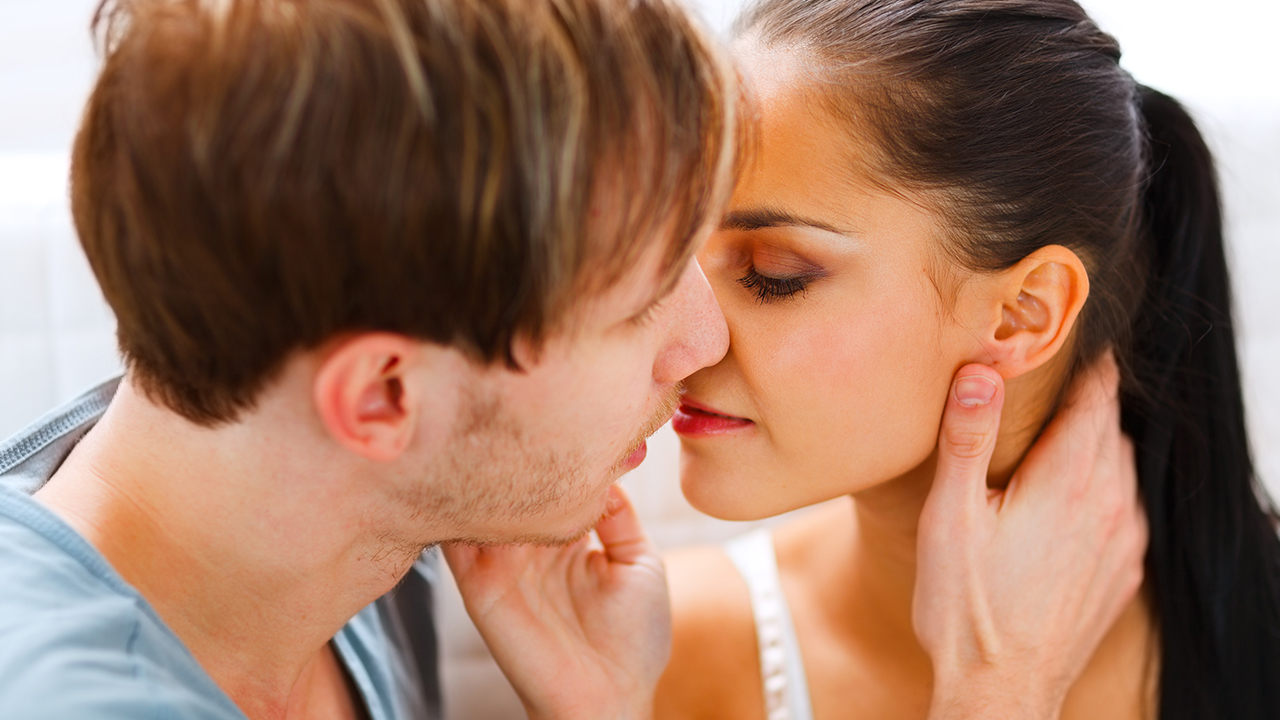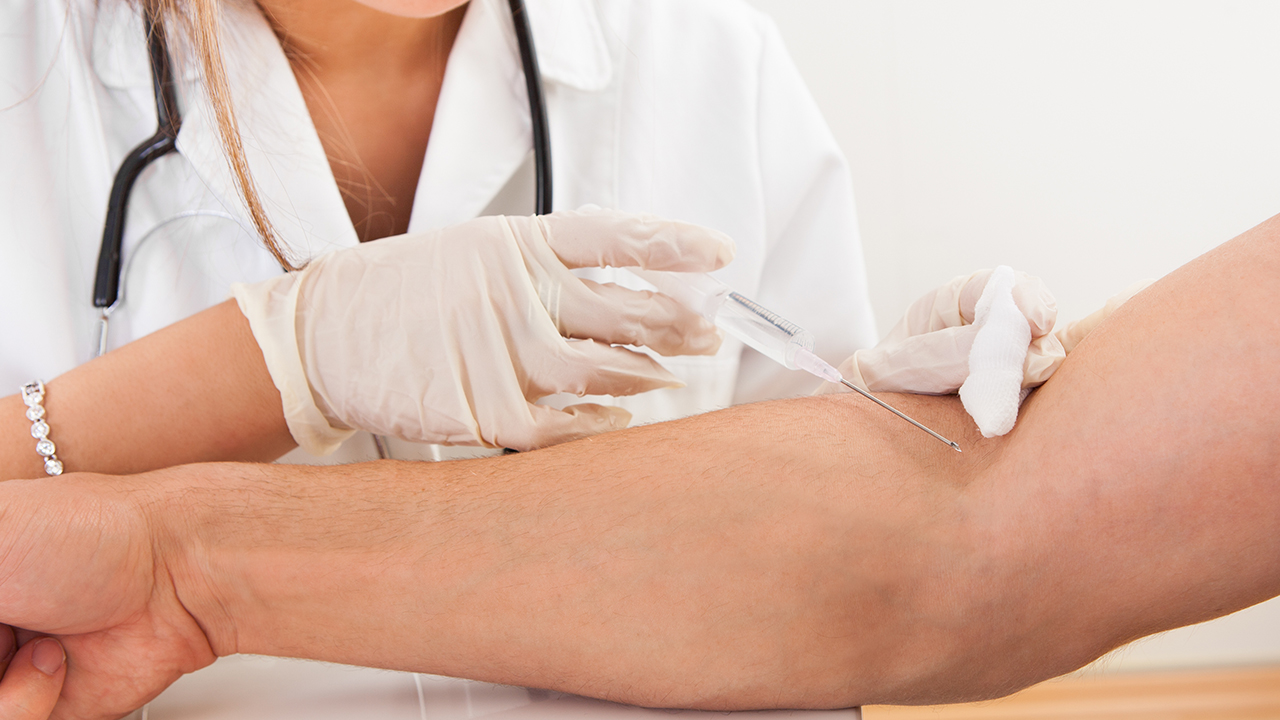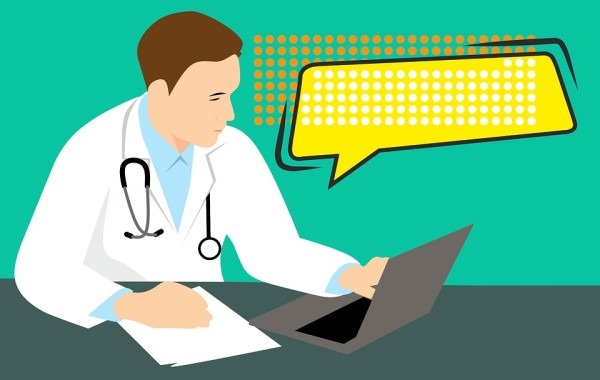Massage Method for Postpartum Mothers to Maintain and Moisturize Their Hair
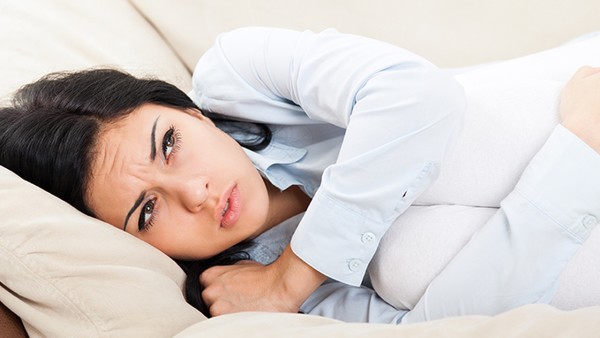
Giving birth is a life-changing event that not only brings joy but also comes with physical and emotional changes. Postpartum hair issues are common, including hair loss, dryness, and damage. These changes occur due to hormonal shifts, nutritional deficiencies, and stress. However, with proper care and some simple massage techniques, postpartum mothers can nourish and protect their hair.
Causes of Postpartum Hair Problems
- Hormonal Changes: During pregnancy, high levels of estrogen and progesterone hormones stimulate hair growth. After giving birth, these levels drop, leading to a temporary shedding phase known as postpartum hair loss.
- Nutritional Deficiencies: Childbirth and breastfeeding can deplete essential nutrients, such as iron, zinc, and biotin, which are crucial for hair health. Iron deficiency can cause anemia, leading to hair loss and breakage.
- Stress: The postpartum period can be physically and emotionally demanding, increasing cortisol levels. Elevated cortisol can hinder hair growth and contribute to hair loss.
Benefits of Hair Massage for Postpartum Mothers
Hair massage offers numerous benefits for postpartum mothers, including:
- Promotes Blood Circulation: Massaging the scalp stimulates blood flow, delivering oxygen and nutrients to hair follicles.
- Exfoliates the Scalp: Massage helps remove dead skin cells and product buildup, creating a clean environment for hair growth.
- Relaxes and Reduces Stress: The gentle pressure and movements of scalp massage can promote relaxation and reduce stress levels.
- Improves Hair Texture: Massaging the hair with oil can help smooth the cuticles, making hair softer, shinier, and more manageable.
Nourishing Oils for Hair Massage
Choosing the right oil for hair massage is crucial. Some nourishing options include:
- Coconut Oil: Rich in fatty acids, coconut oil deeply moisturizes and conditions hair. Its antimicrobial properties help combat scalp infections.
- Argan Oil: Known as "liquid gold," argan oil is packed with vitamins, antioxidants, and essential fatty acids. It strengthens and protects hair from damage.
- Jojoba Oil: Similar to the skin's sebum, jojoba oil regulates oil production and prevents dryness. It also has anti-inflammatory and antibacterial properties.
- Lavender Oil: A few drops of lavender oil added to a carrier oil can promote relaxation and reduce stress, which can benefit hair growth.
Step-by-Step Massage Instructions
1. Prepare Your Hair: Before massaging, brush your hair gently to remove any tangles.
2. Apply Oil: Apply a few drops of your chosen oil to the palms of your hands and distribute it evenly throughout the scalp.
3. Use Fingertips: Place your fingertips on the scalp and apply gentle pressure.
4. Circular Motions: Massage the scalp in small circular motions, working from the temples to the crown.
5. Knuckle Pressure: Apply gentle pressure with your knuckles against the scalp. This helps exfoliate and stimulate blood flow.
6. Braiding: After massaging, gently braid the hair to distribute the oil more evenly.
7. Wrap with Warm Towel: Wrap a slightly warm, damp towel around your head to create a steamy environment that encourages the oil to penetrate deeper.
8. Leave In: Leave the oil in for at least an hour, or overnight for maximum absorption.
9. Wash and Rinse: Wash your hair with a gentle shampoo and warm water. Rinse thoroughly.
10. Style: Style your hair as desired.
Tips for Effective Hair Massage
- Consistency: Massage your hair regularly, 2-3 times a week, for optimal results.
- Gentle Pressure: Apply gentle pressure while massaging to avoid damaging hair.
- Avoid Over Massaging: Avoid massaging too vigorously or for too long, as this can irritate the scalp.
- Use Warm Oil: Slightly warm the oil before application for better absorption.
- Drink Plenty of Fluids: Adequate hydration is essential for healthy hair growth.
- Healthy Diet: Maintaining a balanced diet rich in nutrients supports hair health.
- Protect from Heat: Limit the use of heat styling tools and protect your hair from sun damage.
- Seek Professional Help: If you experience excessive hair loss or other scalp issues, consult a dermatologist or hair specialist.
The above is all the content that the editor wants to share with you. I sincerely hope that these contents can bring some help to your life and health, and I also wish that your life will be happier and happier.
Topic: #postpartum #mothers #for- • What to do about postpartum obesity, share postpartum weight loss methods
- • For postpartum breast care, try nursing bras
- • Why postpartum care is essential
- • Postpartum exercise requires careful timing and method selection
- • Postpartum rectus abdominis separation recovery requires combined exercise
